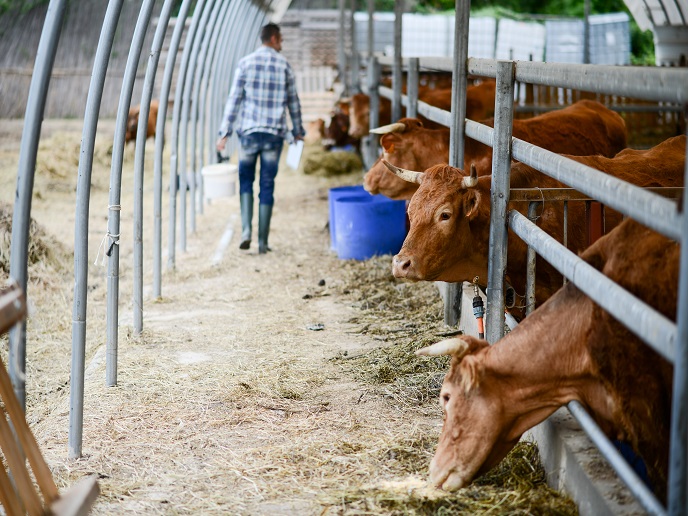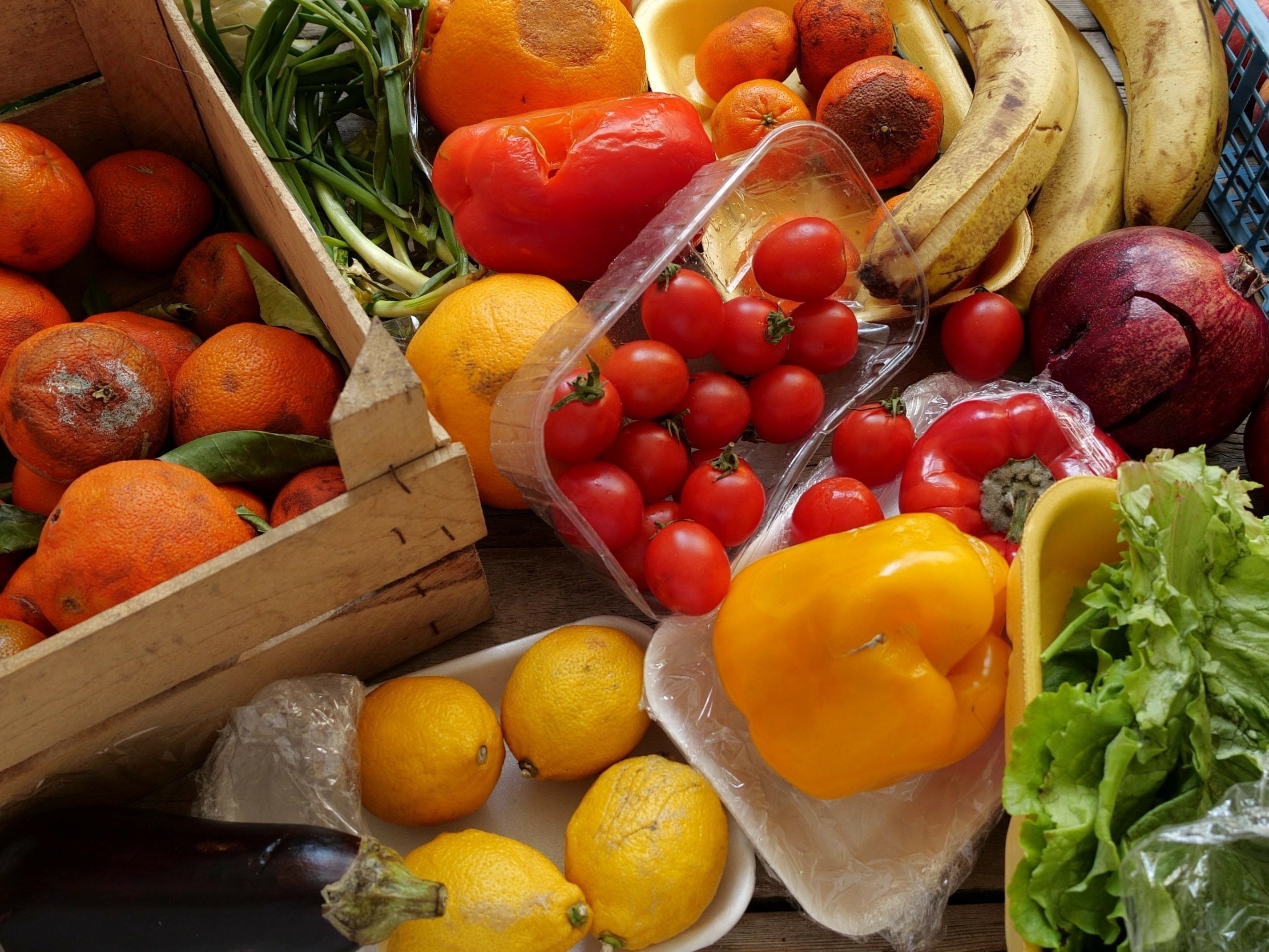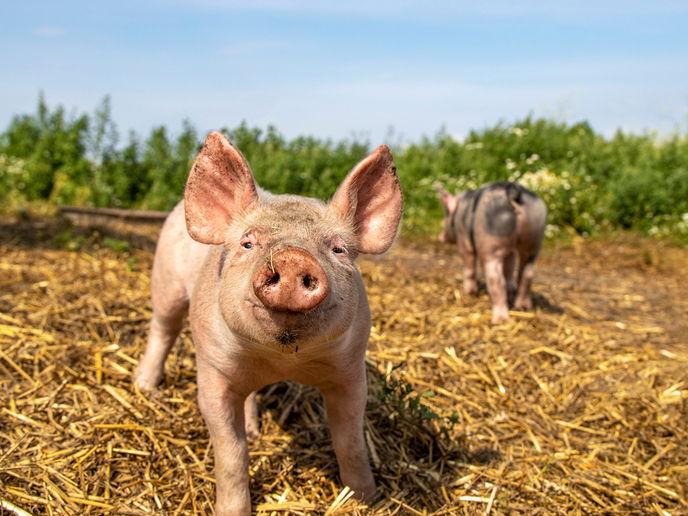New agroecological approaches to scale up organic farming
Organic farming is a system of farming very much aligned with the principles of agroecology. To have minimal environmental impact however, organic farming needs to be implemented at scale. A key sticking point to date has been achieving this scale without the use of certain contentious inputs, for example the use of copper pesticides, or antibiotics in livestock management.
Working with farmers
The goal of the EU-funded RELACS (Replacement of Contentious Inputs in organic farming Systems) project was to identify the most suitable technologies and methods for phasing out organic farming’s dependency on these inputs. To achieve this, the project began by building up a network of farming associations, researchers and industry players from across Europe. “We set out to address all input aspects upstream of the farm,” explains RELACS project coordinator Lucius Tamm from the Research Institute of Organic Agriculture (FiBL) in Switzerland. “This meant taking into account crop protection strategies, fertilisers and conventional manure, and the health management of livestock.” The project team also looked at the cost to farmers of any proposed replacement strategies, as well as receptiveness among both farmers and consumers. Possible solutions were then shared with farming communities through nationally organised workshops, ensuring their compatibility with specific regions.
Rethinking plant protection
This collaborative process enabled RELACS to make important discoveries, and to put forward possible solutions in a number of key areas. In plant protection, copper was found to be used to treat a wide range of plant pathogens. Not only that, but staggering amounts of copper were being used; more than 3 000 tonnes a year in the 12 countries studied alone. “Replacing this at scale will be a challenge,” remarks Tamm. “This is not going to come from a silver bullet, but rather from a range of solutions.” Four candidate plant protection products were trialled in various climatic conditions, and were seen to perform well. The project team also identified viable alternatives to mineral oil to manage crop pests. “One interesting non-pesticide-based solution we trialled was disruption by acoustics,” says Tamm. “Overall, we’re confident that we can achieve a reduction in mineral oil within a reasonable time frame.” Greening nutrient supply was identified as a major challenge. Fertiliser is bulky and cannot sustainably be transported across Europe, so locally adapted, optimised circular solutions must be prioritised. “There is a clear societal need to make better use of available raw materials, and to transform these into high-quality, recycled soil fertility products,” adds Tamm.
Organic animal farming
The project team also looked at inputs into organic animal farming. A key area of focus was reducing the need for pharmaceutical products such as anti-worming medicine for cattle. One option identified was to feed livestock heather; another was to exploit a fungal-based biocontrol agent. “This passes through the cattle and becomes active in the excrement, where the eggs of parasites are found,” explains Tamm. “What you are doing in effect is decontaminating your pasture.” Farmers and vets were also brought together to share experiences and discuss best practices in terms of feeding regimes and breeding. This preventive approach was actually shown to be able to reduce antibiotic use by more than half. Essential oil therapies, pioneered by farmers themselves, were also assessed in terms of efficacy and cost. Existing recommendations on vitamin intake for livestock were found to be exaggerated; the project team believes that supplements could be significantly reduced without compromising animal safety or well-being.
Boost for the green economy
“I think this project has made good progress in framing the input challenges in organic farming, and identifying potential alternatives in terms of scalability, cost and acceptance,” notes Tamm. “A key success has been involving farmers from an early stage.” Tamm stresses however the need for policy intervention. Plant protection prototypes to replace copper are more expensive for farmers. The time needed to register new crop production products is also a market barrier that needs to be addressed. More positively, antibiotics dependency in the organic livestock sector was found to be far lower than in conventional farming. What’s more, the possibilities identified by RELACS, across all sectors of organic farming, can now be built upon, helping Europe to meet ambitious sustainability targets contained in the farm to fork strategy. “There are plenty of upstream opportunities for SMEs here,” says Tamm. “Replacing these inputs represents a huge market opportunity for the green economy.”
Keywords
RELACS, organic, farming, agroecology, antibiotics, farmers, green economy







